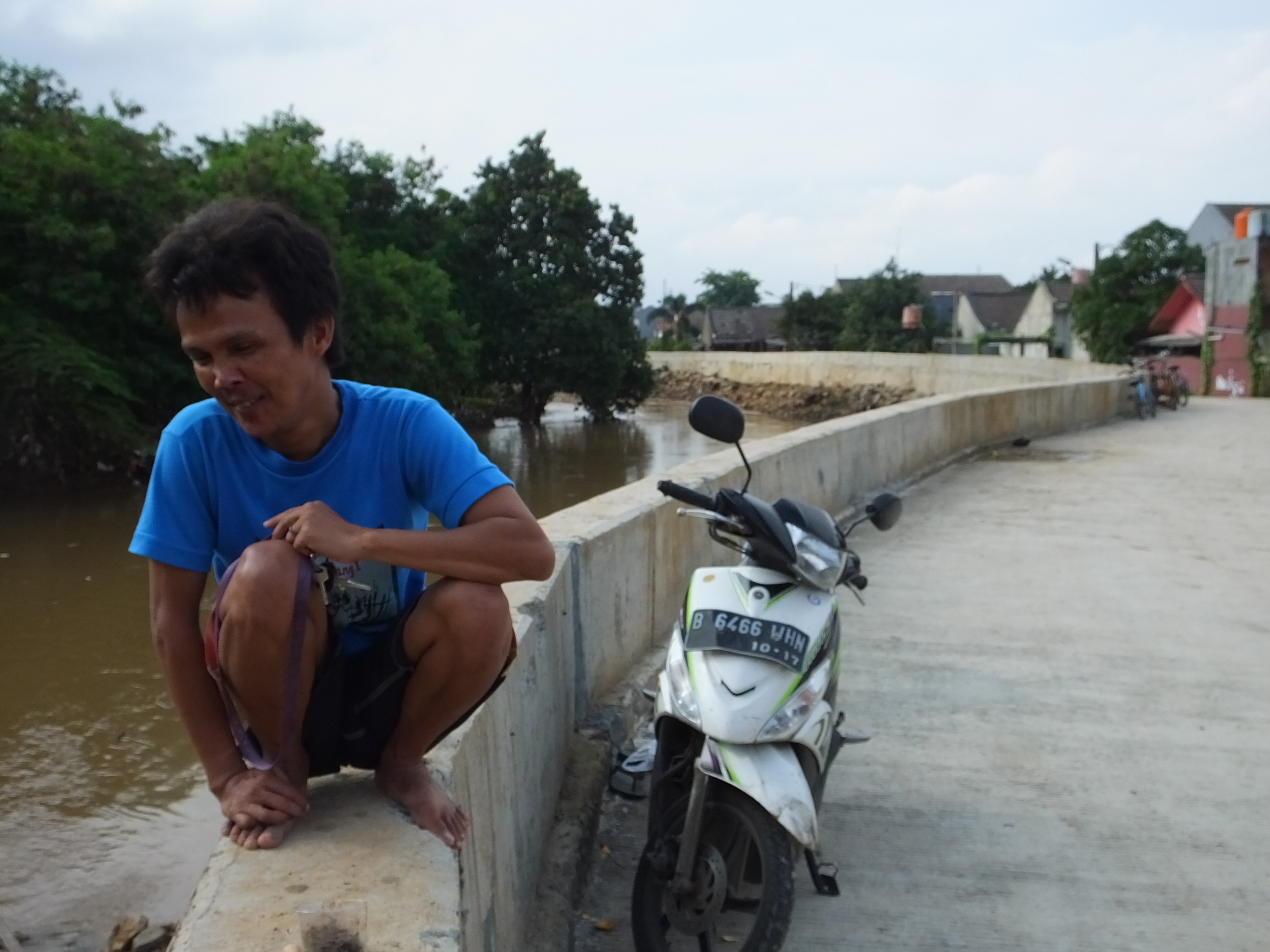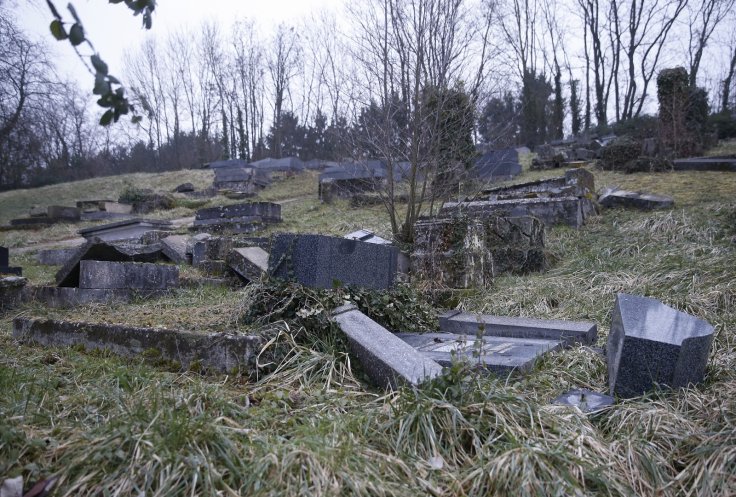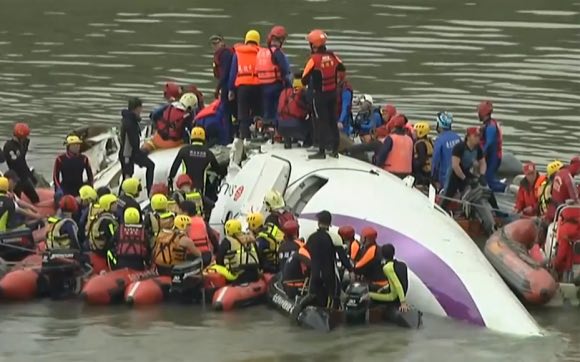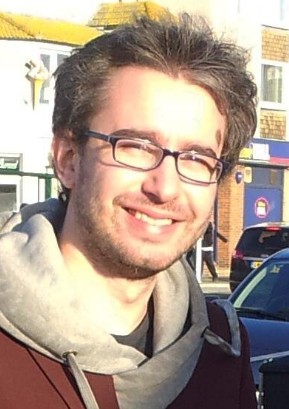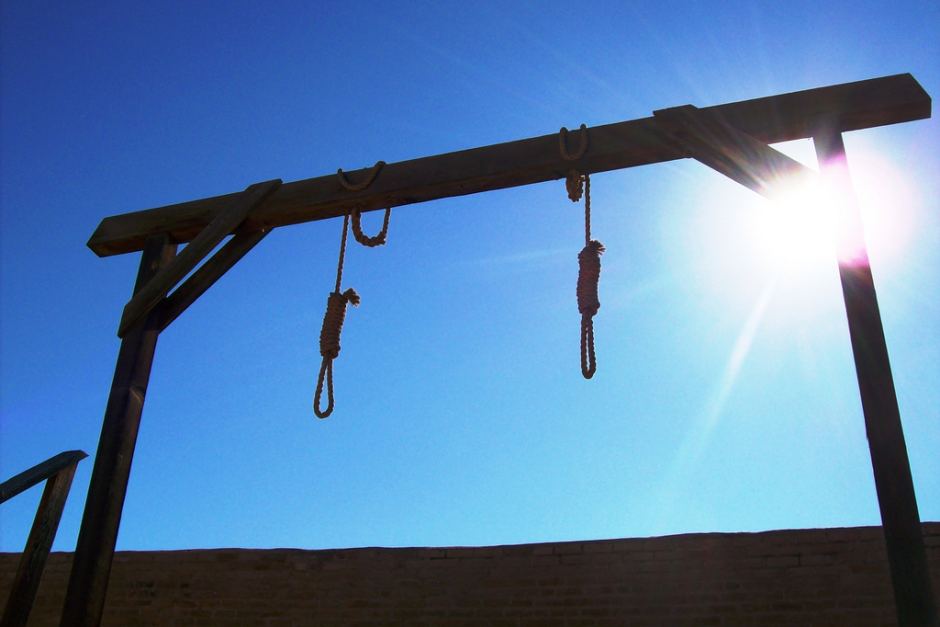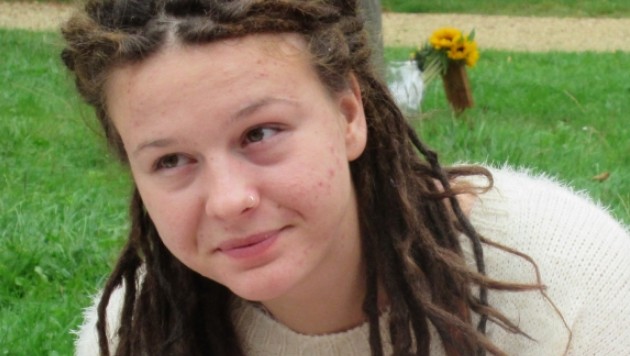JAKARTA, Indonesia — Indonesia is currently experiencing many floods, as is common at this time of year. The country’s emergency services and relief groups are well known for helping many people, but many more go almost unnoticed, slipping through the net of helpers so often seen on TV screens here.
Mister Udi, who this reporter met on his travels through the flood-soaked area of Cileduk Indah Pedurenan, between the cities of Tangerang and Jakarta, explained how his family had lived in that area since the year 2000 and had experienced floods every year, but the land was unable to be sold and, even if they could sell it, they’d be unable to buy anything else, so they have to stay. Mister Udi now lives in Wellington, New Zealand, but his family remains, being forced to move out every time the house floods.
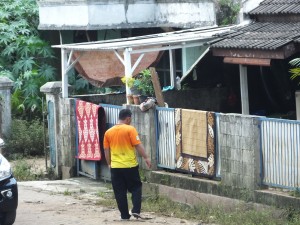 The government, explained mister Udi, had just built a new flood defence, but the water simply went around it, making it useless.
The government, explained mister Udi, had just built a new flood defence, but the water simply went around it, making it useless.
He went on to say, “My mother has to move into my cousin’s house for a few days every year, she returns home and tries to clean up, but it’s a big job, and the floods could return at any time.”
Mister Udi’s mother gets no help from local officials, but at least she has help from family who provide a safe place to stay. This isn’t the case for everyone.

Mister Tatang, a 51-year-old rubbish collector from central Java, lives in a small, illegally built shack at the side of the local river. This year saw his few simple possessions badly damaged by flood waters that came up to chest height.
As he is there illegally, with no chance of earning enough money to move away, he has to pray that the floods spare his life as he sleeps on his raised bed.
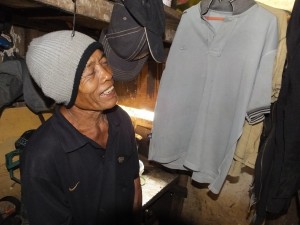 Mister Tatang explained that he lived there because no one else wanted the land, so he could stay there for nothing. He continued, saying, “I’m just trying to earn enough to feed my wife and family.”
Mister Tatang explained that he lived there because no one else wanted the land, so he could stay there for nothing. He continued, saying, “I’m just trying to earn enough to feed my wife and family.”
Because Mister Tatang resides there illegally and can’t get an identity card, there’s no one to help him, so he just hopes the waters will go away quickly, allowing him to resume his tiny business.
The floods have gone from that area now, but the forecast of heavy rains could see a return at any time, condemning these people to another forced move — or far worse for the poorest members of the community.
The next floods could easily see Mister Tatang drown, leaving his already poor family with nothing.
By Paul Ballans
Photos by Paul Ballans
